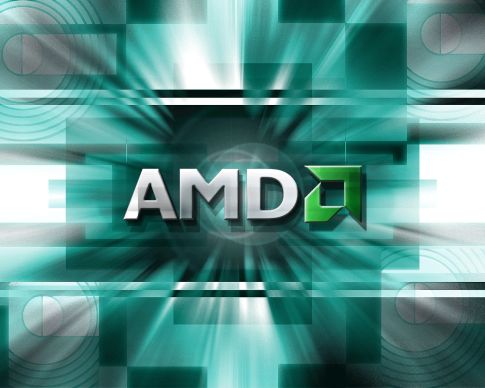
Advanced Micro Devices, or AMD, is finally getting into the mobile business. After years of exclusively developing chips for Windows desktops and laptops, AMD has announced that it will begin working on PC and tablet chips for Google’s Android and Chrome OS. AMD will continue to develop chips to run Windows 8 devices, but after Android’s tremendous year in 2012, and weak growth of Windows 8 tablets, AMD’s long-standing avoidance of Android is coming to an end.
“We are very committed to Windows 8,” said Lisa Su, senior VP and general manager of global business units at AMD, at the Computex trade show in Taiwan on Monday. “We think it’s a great operating system, but we also see a market for Android and Chrome developing as well … I think Android and Chrome tend to be in the entry form factors – the tablets, the low-end clamshells.” She added that the company is currently designing chips based on x86 and ARM architecture in order to run multiple OSes, but refrained from commenting on when the first devices sporting the new chips might turn up. AMD did, however, show off a prototype tablet developed by Quanta at the trade show.
The new chips, first announced last month, are the A4 and A6, from a product line code-named Temash. They tout up to eight hours of batter life while browsing the Web, and are expected in the fall or winter of this year. The chips were designed for PC-like performance on tablets (like Intel’s battery upcoming life-focused Bay Trail chips). They include Direct X 11 support for improved gaming performance on Windows, which they were originally designed for, but the chips will be fully adapted for Android and Chrome OS devices.


